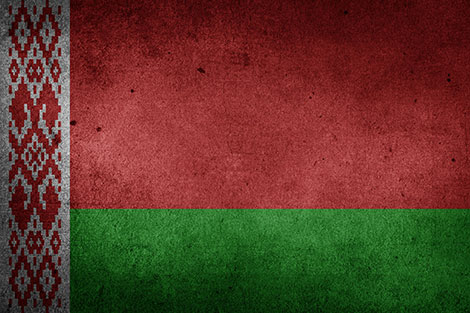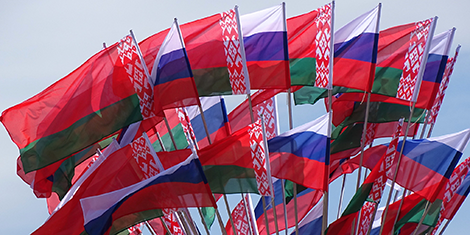
This article was originally published by the Finnish Institute of International Affairs (FIIA) on 9 February 2017.
The results of the ongoing normalization in relations between the EU and Belarus have been very modest, as have the domestic changes, which the turn in the European policy was intended to assist. Meanwhile, Moscow reacted to Alexander Lukashenko’s perceived “drift to the West” by toughening its approach towards Minsk. A new crisis in the east of Europe may be in the making.
On February 15, 2016, the EU decided not to prolong the sanctions it had imposed five years earlier on the regime of Alexander Lukashenko in response to brutal repressions against the Belarusian political opposition. The sanctions were lifted as a reward granted to Minsk in return for the release of remaining political prisoners, for the less oppressive presidential campaign of 2015 and – perhaps above all – for Belarus’s refusal to fully support Russia in the conflict over Ukraine. At the same time, the decision was driven by hopes and expectations that the normalization of relations between Europe and Belarus would stimulate the latter to start domestic liberalization and economic reforms.


